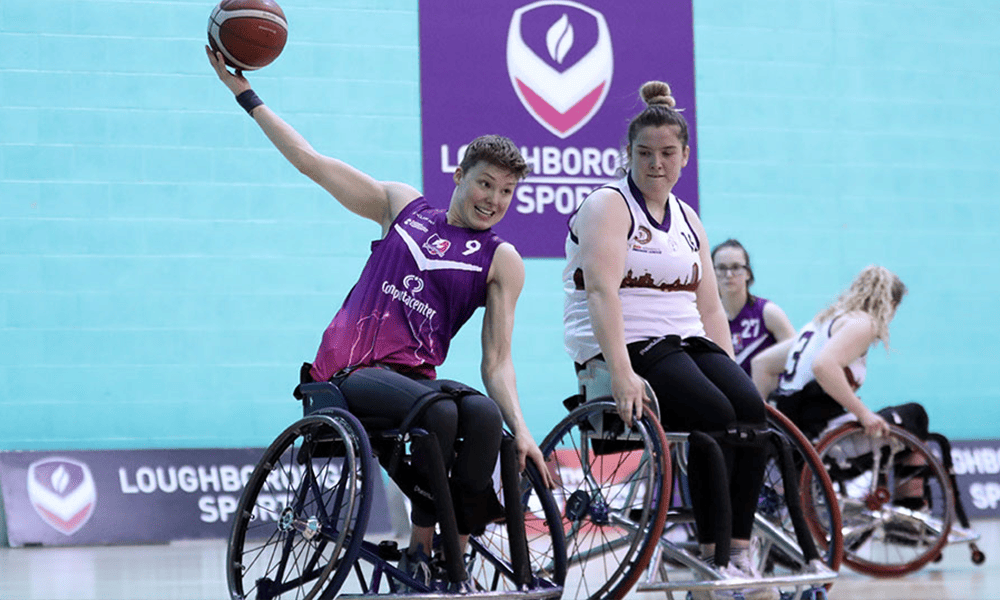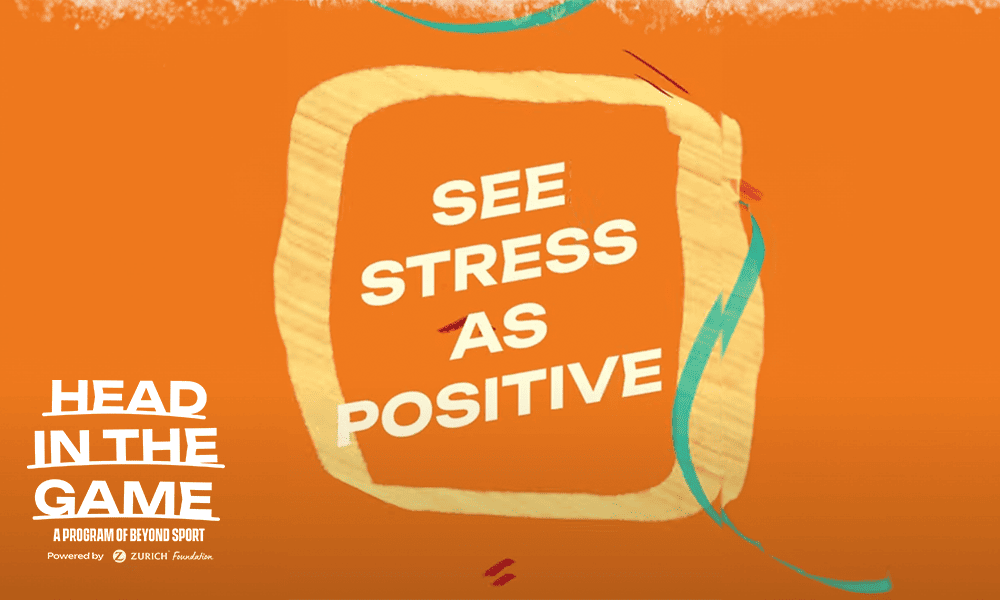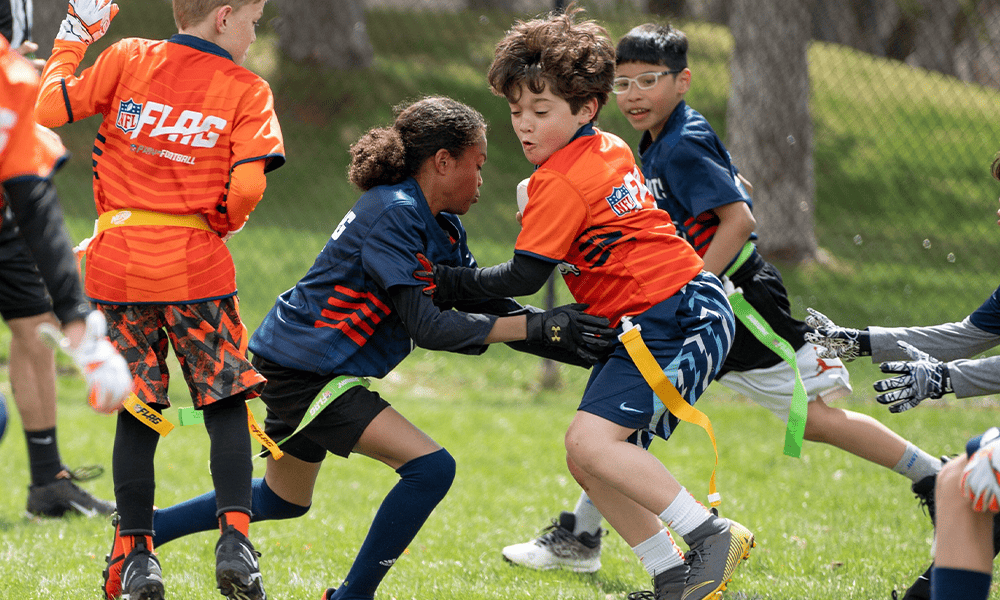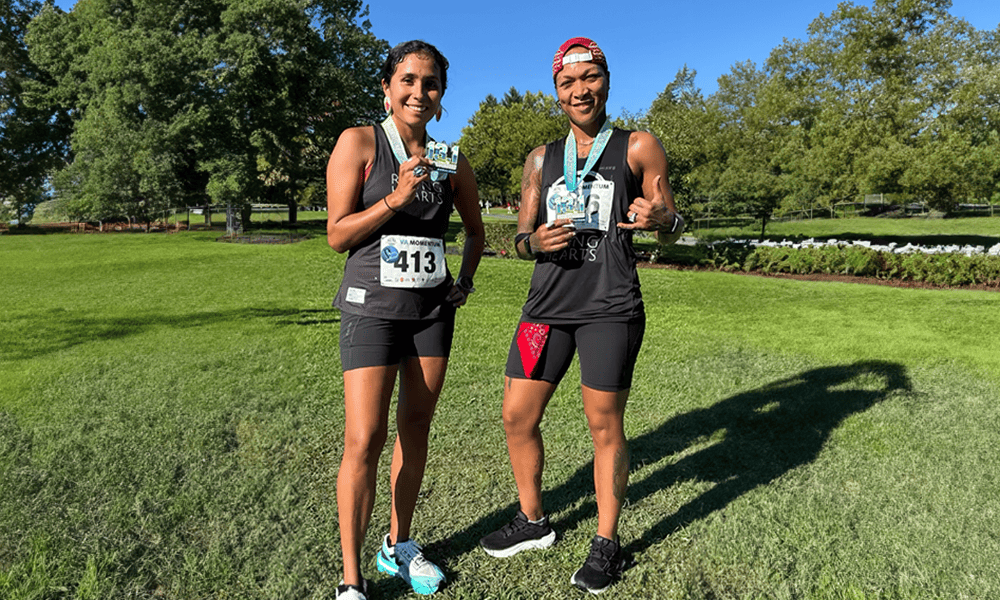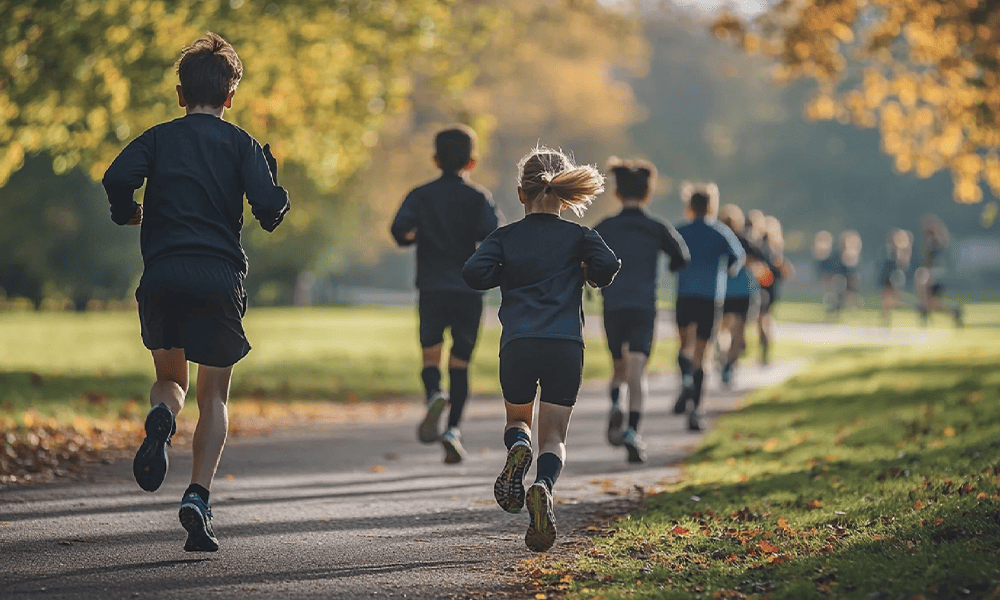November 18, 2022
The UK’s National Health Service (NHS) will roll out a ‘social prescribing’ scheme which will advise young people to engage in activities including surfing, dancing, rollerskating and gardening in an effort to reduce anxiety and depression. The NHS will offer the first of these activities to 600 11- to 18-year-olds in ten parts of England.
“Young people’s mental health is one of the greatest challenges facing the NHS,” said Dr Daisy Fancourt, the University College London (UCL) mental health expert running the trial. “Social prescribing has the potential to support young people while they wait, by providing access to a range of creative and social activities that could enhance their confidence, self-esteem and social support networks.”
Social prescribing, sometimes called ‘community referral’, is a way to enable GPs, nurses and other healthcare professionals to connect patients to a range of local, non-clinical community services to improve health and well-being. According to the WHO, it builds on evidence that shows that addressing social determinants of health such as socioeconomic status, social inclusion, housing and education is key to improving health outcomes.
The trial is being run by academics from UCL and if all goes well, the NHS could make the sport, art and outdoor activities, amongst others, available across the UK. This could help decrease wait times for accessing mental health care, where the average is currently nine weeks for a first appointment.

The UCL team will track youth participation, the feasibility of making the activities widely available and cost. Participants will be able to choose which pursuits they want to try, aided by a link worker or “buddy”, in conjunction with 10 NHS mental health trusts.
Fancourt shared that social prescribing has “enormous potential” and could “help address determinants of mental illness, decrease stigma and shame sometimes associated with mental health problems, and give young people choice and control of their care”. This echoes the WHO’s recommendation of physical activity and its benefit on physical and mental wellbeing.
A previous small-scale trial in Luton, Sheffield and Brighton and Hove from 2018 to 2020 found that youth’s personal and mental wellbeing improved and loneliness was reduced. Researchers said it ‘improved their sense of autonomy, reduced their sense of stigma around mental health challenges and filled a gap in mental health service provision by providing almost immediate access to non-clinically based emotional support’. They did, however, struggle with transport and the cost of some activities, which may be even more of an issue with the current increased cost of living across the UK.
Social prescribing is also in the process of being rolled out as an alternative antidepressant for adults. In August this year, a three-year trial began in which GPs prescribed activities including cycling and walking to help patients improve both their mental and physical health.
The UCL-led study will be the largest yet and is being funded by the grant-making charity, Prudence Trust, which focuses on youth mental health services.
Source: Dazed, The Guardian
